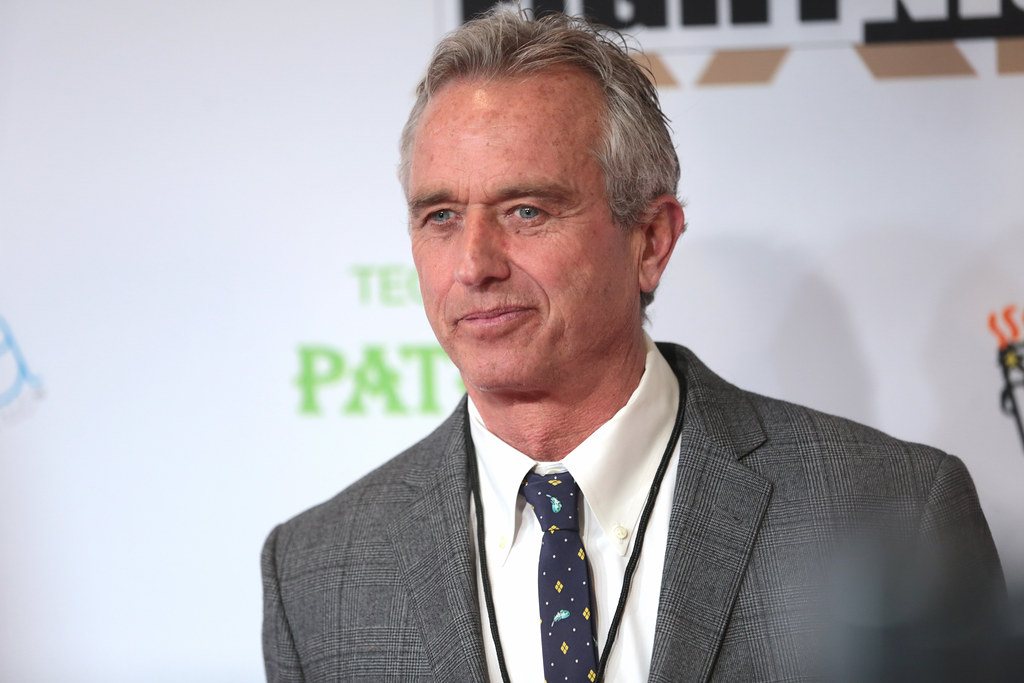Key Takeaways:
- Robert F. Kennedy Jr. suggests parents are responsible for their children’s autism.
- He urges parents to research all aspects of their children’s lives that might affect development.
- Critics argue his statements oversimplify a complex issue and could harm families.
Robert F. Kennedy Jr. Says Parents Are to Blame for Autism
Robert F. Kennedy Jr., the U.S. health secretary, has made controversial comments about autism. He claimed that parents are responsible for their children’s autism and should take charge of researching every part of their kids’ lives that could impact their development. This statement has caused a lot of debate and anger, especially among parents and autism advocates.
What Did Kennedy Say?
At his first press conference as health secretary, Kennedy said, “We have to recognize we are doing this to our children, and we need to put an end to it.” He also spoke about this in an interview with Dr. Phil McGraw, telling parents to “do their…” though the exact phrase was cut off. Many believe he meant parents should take more responsibility for their children’s health and development.
Why Are People Upset?
Kennedy’s comments have upset many people because they seem to blame parents for their children’s autism. Autism, or Autism Spectrum Disorder (ASD), is a complex condition that affects how people communicate and interact with the world. While the exact cause of autism is still not fully understood, research suggests it is linked to genetics and other factors, not just parental actions.
Experts Weigh In
Doctors and autism experts say Kennedy’s statements are misleading. They argue that autism is not caused by anything parents do or don’t do. “Autism is not a result of poor parenting or something parents could have prevented,” said one pediatrician. “It’s a neurodevelopmental condition that requires understanding and support, not blame.”
The Impact on Families
Many parents of autistic children feel hurt and frustrated by Kennedy’s words. Raising a child with autism can already be challenging, and being blamed for their child’s condition adds unnecessary stress. “It’s hard enough to navigate the challenges of autism without being told it’s our fault,” said one mother. “We need support, not blame.”
What Should Parents Do?
Kennedy’s advice to parents is to research every part of their children’s lives. While staying informed is important, experts say parents should focus on getting accurate, reliable information. “Parents should trust science and consult with healthcare professionals, not unproven claims,” advised a child development specialist.
The Bigger Picture
Kennedy’s comments highlight a bigger issue: the lack of understanding about autism. Many people still believe myths, such as the disproven idea that vaccines cause autism. These myths can lead to fear and misunderstanding, making life harder for autistic individuals and their families.
What Can We Do?
To support autistic children and their families, we need to focus on acceptance and inclusion. Instead of blaming parents, we should work to create a world that understands and accommodates autism. “We need more compassion and less blame,” said an autism advocate. “Every child deserves to be valued and supported.”
Conclusion
Robert F. Kennedy Jr.’s comments about autism have sparked a lot of debate. While he encourages parents to take an active role in their children’s health, his words have been hurtful to many. It’s important to remember that autism is a complex condition that requires understanding, not blame. By focusing on support and acceptance, we can create a better world for all children.
